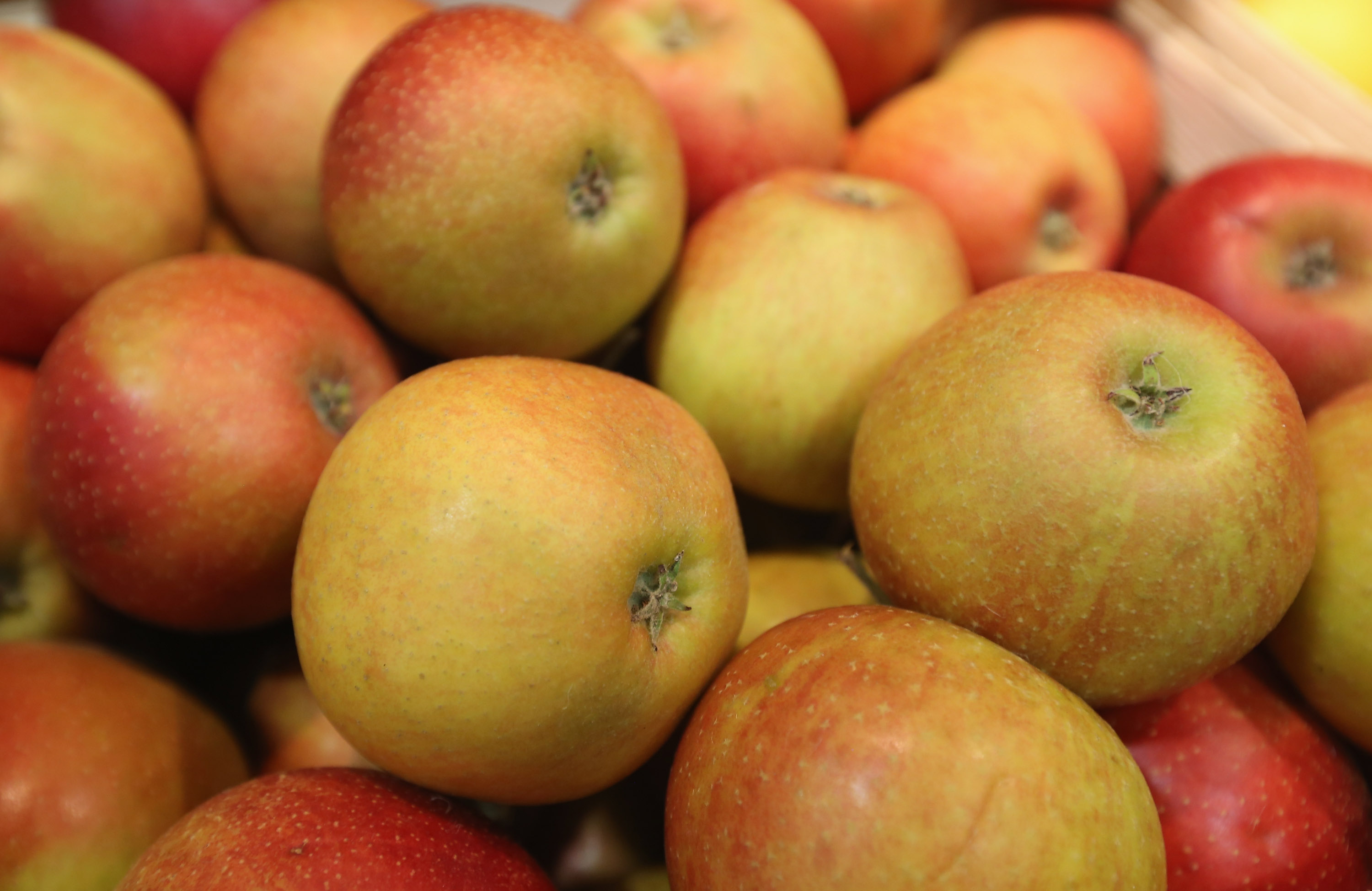A history worth fighting for
Unite took its fight to save Somerset cider all the way to Parliament yesterday (February 23) in a meeting with Unite shop stewards and MPs.
The meeting with the all-party parliamentary group on cider followed the news that production at Shepton Mallet Cider Mill will cease at the end of the summer and 120 jobs would go.
While apples will continue to be pulped at the Somerset plant, current mill owner C&C Group will move production of its big name cider brands such as Blackthorn, Olde English and Gaymers –which are associated with Somerset’s tradition of cider making dating back to 1770 – to a factory in Ireland.
Unite, together with MPs, are piling on the pressure on C&C group to sell the brands along with the mill, so that both jobs and the nearly 250-year-old institution that is Somerset cider can be preserved.
It is understood that three companies have expressed interest in buying the mill, but details are unclear at this stage because they are “commercially sensitive”.
If the brands were also on sale, Unite has argued, this would make the plant more commercially attractive to a potential buyer.
“C&C has made clear that the sale of the Somerset brands isn’t going to happen,” Ian Liddell-Grainger, MP for West Somerset and chair of the Parliamentary cider group, told the Western Daily Press today.
“It is very sad. They are just trying to stop competition. We are backing the call for them to do so. It was a very friendly meeting with the workforce and they were really eloquent.
â€Amazing workforce’
“It is extremely sad for Somerset and for the plant which has an enormous history,” he added. “It is very well-run, with an amazing workforce and is just being thrown away. We need to get back to the government. It cannot stop the site from being sold but we can certainly do whatever way we can to help the workforce.”
Unite has railed against C&C Group’s decision to move production to Ireland, especially considering that the site continues to be profitable and the workforce – many who’ve put in more than three decades of service – are highly skilled in cider making.
Unite Shepton Mallet Mill shop steward Stephen Faulkner noted that last year alone, the workforce helped produce 200m pints of cider.
“These are very specialised skills that have been in the area for generations,” he said. “We had some really good discussions with the parliamentary group on cider because they have a sound understanding of the process that goes into make cider.”
“The MPs were all on board with supporting us in our fight,” he added. “They’ve committed to putting pressure on C&C to sell their brands and preserve Somerset’s historic traditions.”
Beyond consideration of the cider mill, the Unite delegation also discussed with MPs way to create new employment in Shepton Mallet and the wider Mendip area.
Unite regional co-ordinator Steve Preddy said more needed to be done to attract more small, medium and large companies to the region, including tax incentives to kick-start business in the region.
“Broadband is a key part of [attracting investment],” he added. “Although there is low unemployment, average earnings are very low and most of the employment is with small and medium firms.”
Faulkner highlighted that the potential job losses from the cider mill were part of a wider trend that threatens to decimate the West Country economy.
“120 jobs may not seem like many in isolation but that’s actually quite a lot for a rural area,” he explained. “Add those job losses to recent redundancies after a paper mill in Somerset shut down last year, as well as job losses from shoe manufacturer Clarks in the town of Street. There were more job losses in Taunton at a recycling centre, too. These job losses have all happened in a matter of months.”
“The West Country cannot afford to lose these jobs,” he added. “That’s because, in our experience, when high-skill jobs in industry are lost, they don’t come back. Instead, we’ve seen growth in low-pay service jobs.”
“One of the local MPs James Heappey said at the meeting that he was committed to securing more investment into the area,” Faulkner noted.
Ultimately, Faulkner said he felt hopeful for the future.
“After meeting with the MPs, shop stewards were definitely upbeat,” he said. “More and more consumers are more conscious and interested in where their food and drink comes from. We want to understand who we are through our traditions – and in this part of the UK, cider is who we are. That’s a history that’s worth preserving and worth fighting for.”
 Like
Like Follow
Follow

